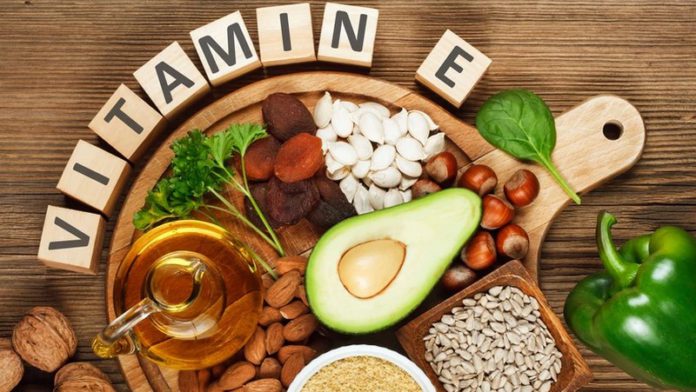Menopause is a natural event experienced by women in middle age. It is a phenomenon characterised by the permanent cessation of menstruation for 12 consecutive months because of a decline in oestrogen and other hormones in the body.
Most women experience natural menopause between the ages of 45 and 55 years, with a few experiencing early or premature menopause occurring between 40 to 45 years.
What happens during menopause?
The period of menopause is characterised by numerous bodily changes which affect cholesterol levels and how the body digests carbohydrates.
These changes are accompanied by some uncomfortable symptoms that affect physical, emotional, mental and social well-being. Symptoms experienced during the transition vary from person to person. Some women have fewer symptoms while others may experience moderate to severe symptoms that affect daily activities and the quality of life.
Common menopausal symptoms are hair loss, weight gain, mood changes, loss of memory, vaginal dryness, urinary problems, reduced interest in sex, poor sleep, headaches, hot flushes (sudden feelings of hot or cold in the face, neck and chest), night sweats, reduced muscle mass, joint and muscle stiffness or pain.
Additionally, losing oestrogen during menopause affects bone health and increases the risk of osteoporosis (weak bones) which easily leads to fractures.
Can diet help?
Diet is increasingly being accepted for its role in managing some symptoms of menopause. Research has shown that plant-based dietary patterns offer better chances of positive menopausal outcomes.
A dietary pattern that is high in whole grains and cereals (e.g., unpolished maize, oats, millet, wheat, etc,), different colours of fruits and vegetables, legumes, pulses, nuts and seeds (e.g., beans, groundnuts, agushie, wrewre) is recommended.
Wholegrains and cereals are high in nutrients such as fibre and B vitamins that help to reduce the risk of heart disease and weight gain. There is also convincing evidence that legumes and cereals are rich sources of some substances in food (polyphenols and phytoestrogens) that have the capacity to reduce the frequency of hot flushes and improve bone health.
Additionally, the daily intake of two to three portions of calcium-rich foods (e.g., low-fat milk, yoghurt or herrings) will also improve bone health. Moderate intakes of lean meat and fish are recommended daily. Omega three fatty acids in oily fish and some healthy oils are associated with significant improvements in hot flashes and night sweats.
It is advisable to avoid or reduce the intake of foods that are likely to trigger or worsen symptoms during menopause. Lower intakes of fatty/processed meat, refined sugars, low salt and lower saturated fat intakes protect against heart diseases and weight gain.
Eating a healthy, varied diet and exercising regularly help in weight management.
Highly processed foods, saturated fats and sugars have been associated with a higher incidence of urinary and other menopausal symptoms.
Additionally, cutting down on spicy foods, alcohol and caffeinated beverages such as coffee and tea have been shown to reduce hot flashes, night sweats and sleep disturbances.
Decaffeinated forms of tea and coffee are recommended. For high intakes of alcohol associated with osteoporosis and risk of heart disease, therefore, reasonable alcohol limits are recommended if it should be taken.
Bottom line
Dietary factors alone may not prevent menopausal symptoms completely; however, it plays a role in lessening the severity of symptoms. For better menopausal health outcomes, a diet that incorporates whole grains and cereals, fruits and vegetables should be frequently consumed.
Lean meat, fish and healthy oils should be included in the diet in moderate quantities. Processed foods, sugars, and foods high in salt should be consumed in limited quantities. This dietary plan in addition to regular physical activity and other healthy habits will improve quality of life and make this important transition in life easier.
Consult a registered dietician or nutritionist for further information on how to plan a plant-based diet.
Refer to the Ghanaian Food-Based Dietary Guidelines for recommendations on healthy eating.
The writers are with the Department of Dietetics, School of Biomedical and Allied Health Sciences, College of Health Sciences, University of Ghana.

